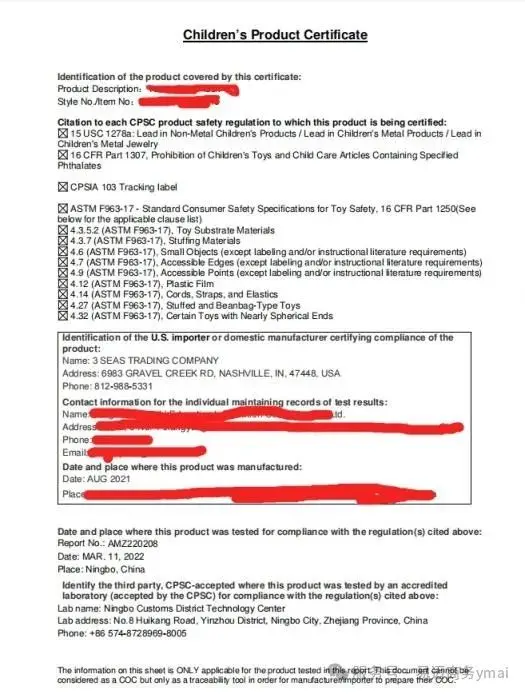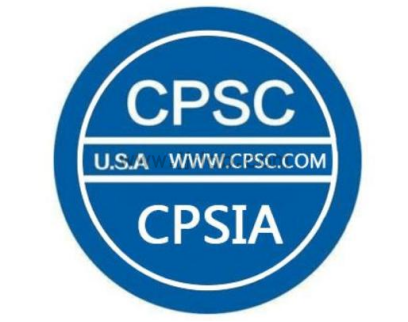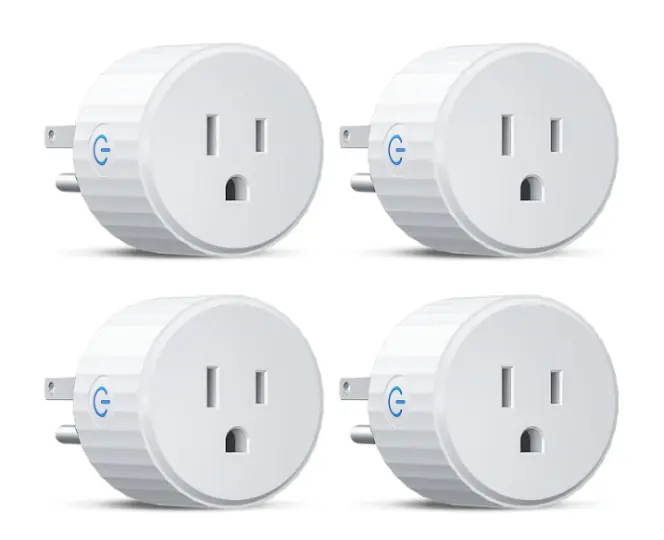
How to Get PSE Certification for Electric Mosquito Swatters?
PSE certification for electric mosquito swatters is a mandatory requirement for entering the Japanese market, ensuring that products comply with the safety standards set by Japan's Electrical Appliance and Material Safety Law (DENAN Law). Below is detailed information on the pse certification for electric mosquito swatters:
PSE Certification Overview
PSE certification is a mandatory safety certification required by the Ministry of Economy, Trade and Industry (METI) of Japan. It proves that electrical and electronic products have passed safety standard tests according to Japan's Electrical Appliance and Material Safety Law or international IEC standards. For household appliances like electric mosquito swatters, PSE certification is required before selling them in Japan.
PSE Certification Categories
There are two types of PSE certification: "diamond" PSE and "round" PSE, applicable to different product categories. Electric mosquito swatters typically need to obtain "diamond" PSE certification as they fall under the 498 products listed in the Electrical Appliance and Material Control Law (DENTORL Law).
Electric Mosquito Swatter PSE Certification Standards:
1. IEC 60335-1 (Safety of Household and Similar Appliances - General Requirements): Covers basic electrical and structural safety requirements for electric mosquito swatters.
2. IEC 60335-2-59 (Safety of Household and Similar Appliances - Special Requirements for Insect Killers): Specifically addresses safety requirements and testing methods for insect-killing devices like electric mosquito swatters.
These standards assess the electrical performance, insulation strength, and durability of the electric mosquito swatter, ensuring it doesn’t pose a risk of electric shock during use.
PSE Certification Testing for Electric Mosquito Swatters Includes:
- Insulation resistance and withstand voltage testing (IEC 60335-1 requirement)
- Leakage current testing
- Mechanical strength testing
- Electromagnetic compatibility testing (EMC)
- Temperature rise testing (ensuring it doesn’t overheat during prolonged use)
PSE Certification Process:
1. Application Submission: Submit the certification application to the relevant certification body.
2. Sample Provision: Send product samples to the designated testing laboratory.
3. Testing: The laboratory conducts testing based on the requirements of Japan's Electrical Appliance and Material Safety Law.
4. Draft Report: If tests pass, a draft test report is generated.
5. Final Report: The applicant confirms the report, and the laboratory issues the official test report.
6. Certification Issuance: The certification body issues the PSE certificate based on the test report and other documents.
Required Documents:
1. Application Form: Detailed application information.
2. Product Samples: Provide samples for testing.
3. Technical Documents: Including product manuals, circuit diagrams, and user manuals.
Certification Timeline:
The process for round PSE certification usually takes about 5-7 working days. However, "diamond" PSE certification may take longer depending on the complexity of the product and the required testing.
Certification Costs:
PSE certification costs include testing fees, application fees, and other related charges, which vary based on the product's characteristics and the certification body.
Key Considerations:
1. Choosing a Certification Body: Ensure the certification body is recognized by METI.
2. Quality Management System: Maintain a good quality management system to ensure continuous compliance with PSE requirements.
3. Labeling Requirements: After certification, the product must have the PSE mark visibly attached and used in compliance with regulations.
Obtaining PSE certification is crucial for entering the Japanese market with electric mosquito swatters. Manufacturers should collaborate with professional certification bodies to ensure their products meet Japanese safety standards and smoothly pass the certification process. By following the above procedures and considerations, manufacturers can effectively prepare and complete the PSE certification, allowing electric mosquito swatters to enter the Japanese market successfully.
Email:hello@jjrlab.com
Write your message here and send it to us
 Toy Toxicology Testing CA
Toy Toxicology Testing CA
 CPSIA Compliance for Children's Products
CPSIA Compliance for Children's Products
 Food Contact Items Testing
Food Contact Items Testing
 Energy Star Testing Laboratory
Energy Star Testing Laboratory
 Do I Need to Test Every Color for CPSIA Compliance
Do I Need to Test Every Color for CPSIA Compliance
 Accredited Medical Device Testing Lab
Accredited Medical Device Testing Lab
 Safety Testing for Baby Wrap
Safety Testing for Baby Wrap
 United States Electrical Plug Certification
United States Electrical Plug Certification
Leave us a message
24-hour online customer service at any time to respond, so that you worry!




